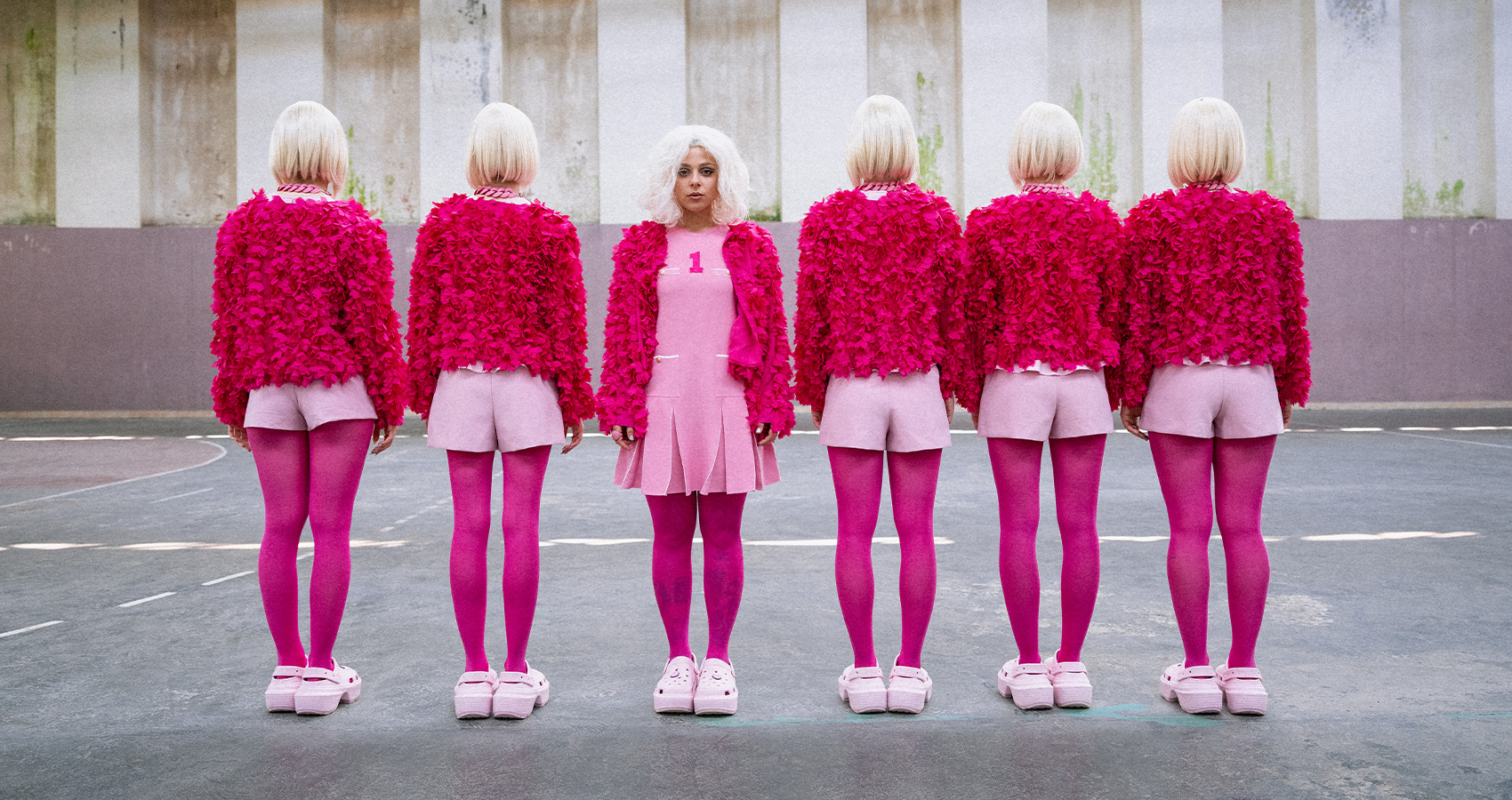Victoria Georgieva Finds Her Voice In A Noisy World
And it sounds amazing.
Today, we’re joined by Bulgarian singer-songwriter Victoria Georgieva, known for her haunting vocals, poetic lyrics, and genre-blending sound. After making waves with her Eurovision 2020 entry ‘Tears Getting Sober’ and earning a spot on Forbes Bulgaria’s 30 Under 30 list, Victoria continues to push creative boundaries. She’s just released a brand new single, ‘We Don’t Get Along’, alongside a powerful spoken word interlude titled ‘Crumbs of a Modern Tragedy’. Together, they tell a deeply personal and timely story — one that explores toxic expectations, emotional burnout, and the quiet struggles of navigating self-worth in a hyperconnected world.
We’re diving into the meaning behind the music, her evolution as an artist, and the emotional truths she’s bringing to light in this latest chapter.
We Don’t Get Along feels both intimate and universal — where did the first spark for this song come from?
The very first spark came to me one cold night in December. I had just started teaching myself a few chords on the guitar because I wanted to explore new ways of writing. That night, the chorus melody appeared almost out of nowhere — at first as a slow ballad. A few months later, during a songwriting session in Sweden, I shared the idea with my team, and things took shape really quickly. We decided to transform it from a ballad into something more upbeat and driving, which gave the song its energy. The lyrics came very naturally, inspired by the frustration I felt at the pressure to always be present on social media. I was a little angry at that expectation, because sometimes you just want to live your life without constantly sharing it.
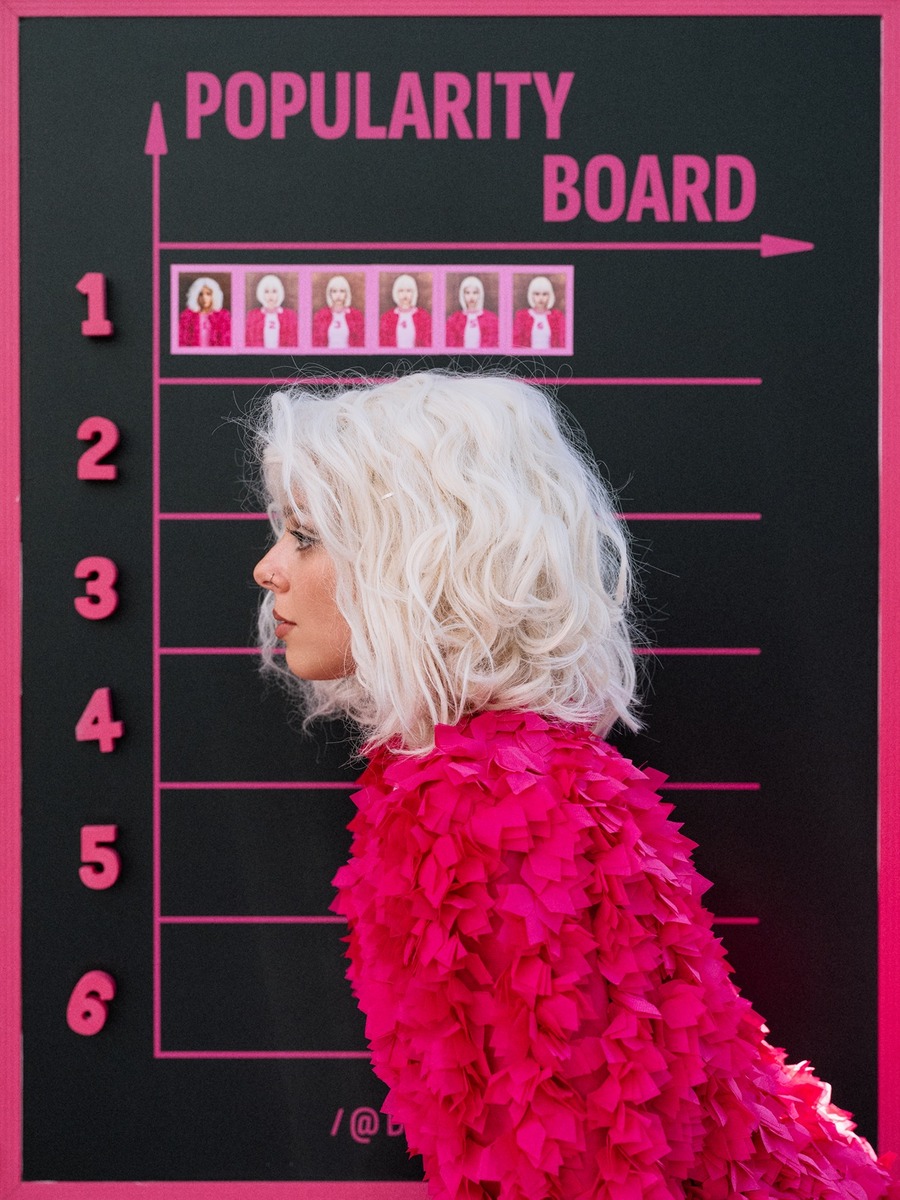
The lyrics are brutally honest without tipping into melodrama. How do you know when you’ve struck that perfect balance?
There’s really no formula for finding that balance. For me, it was important not to make the song feel too heavy because the world already gives us enough of that. Instead, I leaned into irony and lightness — playing with the words in a way that keeps it honest but not overwhelming. That approach makes the lyrics more open, so people can connect with them in different ways, whether they’re dealing with complicated relationships with a partner or even with the pressures of social media.
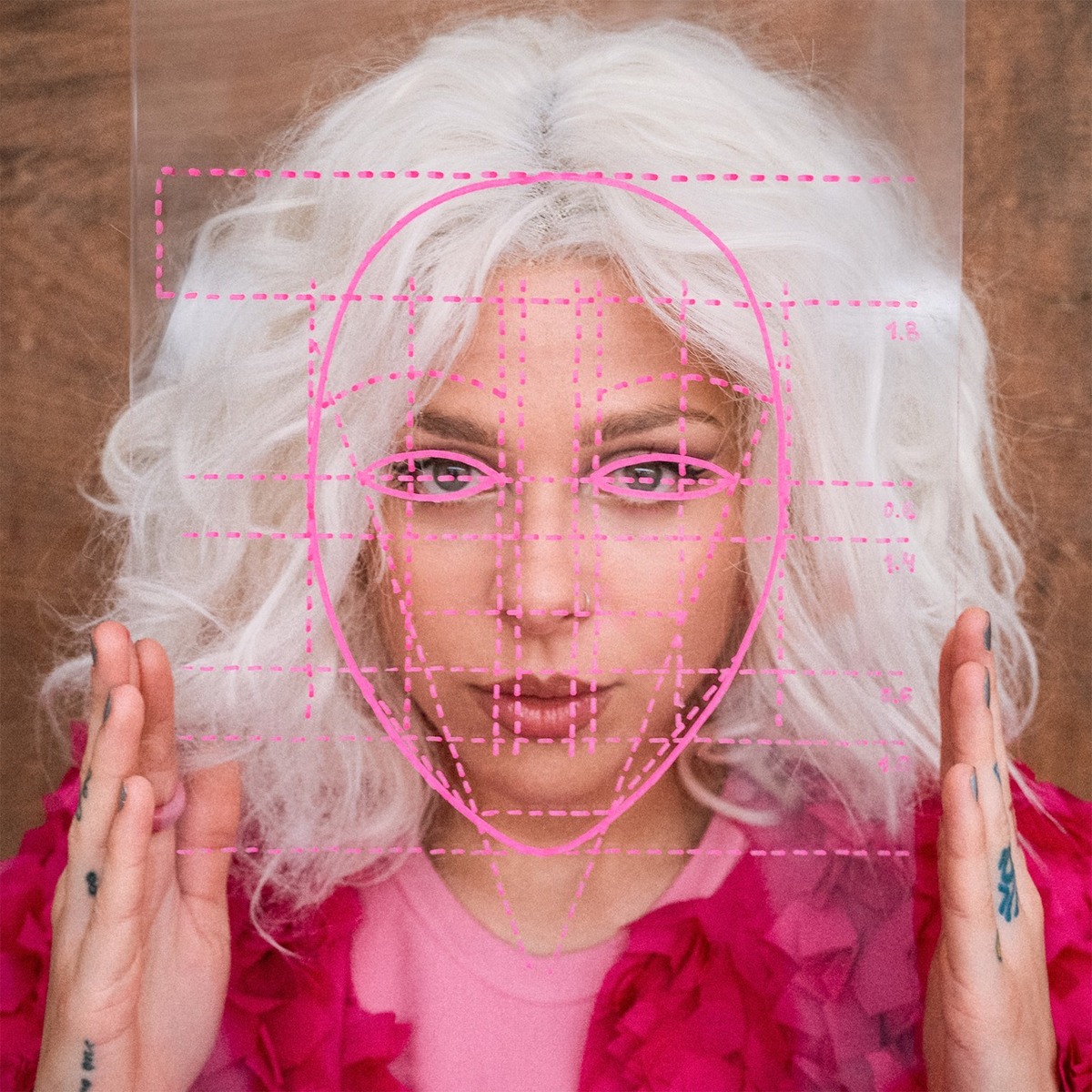
The pairing with Crumbs of a Modern Tragedy makes the release feel like a short film in audio. Did you always plan them as a connected piece?
Actually, I didn’t plan to have an interlude at all. We Don’t Get Along was already finished, but every time I listened back, I felt like something was missing story-wise. One night, I just poured all my thoughts onto a blank page — it came out in one breath. At first, I wasn’t even sure I would use it, but then I realized it could serve as the missing piece, the introduction to the bigger story behind the project. That’s when it clicked for me, and I knew it had to be part of the release.
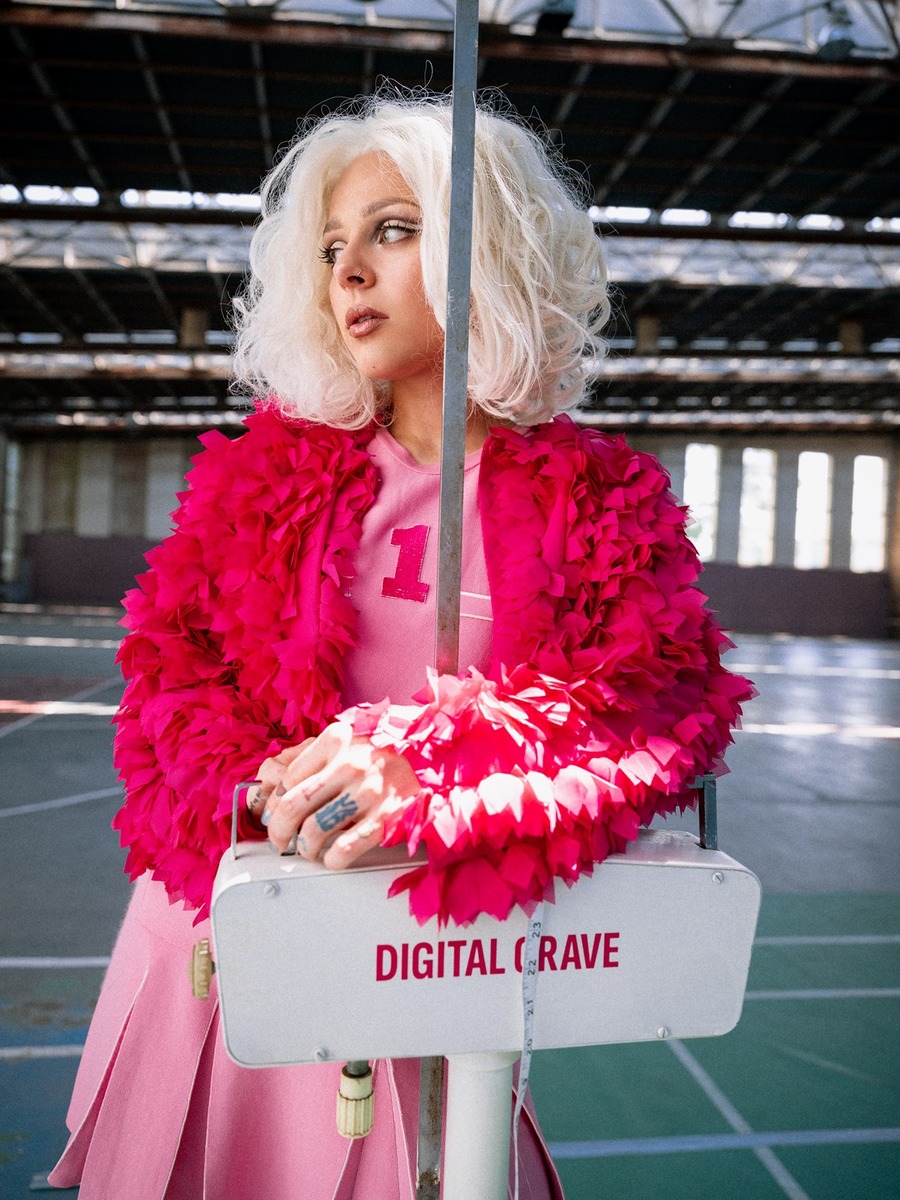
The interlude has such a distinct spoken-word energy. What inspired you to step away from melody and into pure storytelling?
It felt like the only honest way to express what I was feeling. Music usually comes to me in melodies, but this time, the words needed to stand on their own — raw, unpolished, almost like a confession. Stepping away from melody gave me space to be brutally direct, and I think that’s why it feels so different. In a way, it’s probably one of the most personal and honest things I’ve ever shared, which is why I’m so proud of it.
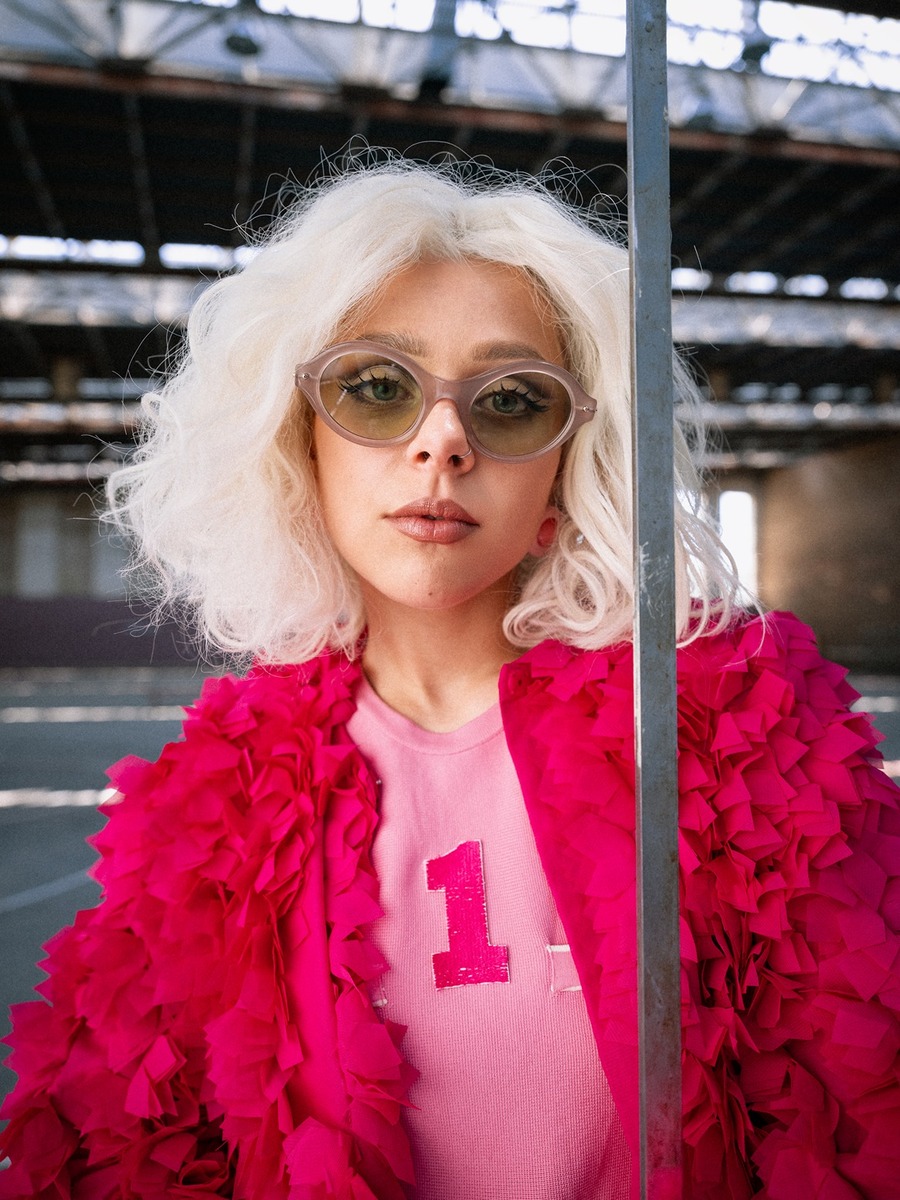
The production is so understated — was that a creative choice to mirror the emotional restraint in the lyrics?
The production of the interlude was very intentional. We wanted to leave space for the monologue to unfold and remain the leading element. At certain moments, it’s reinforced by harmonies and specific sounds, and eventually the beat comes in as a metaphor for anxiety — like a racing pulse that gradually slows down, leaving you with the lingering question: what was it all for?
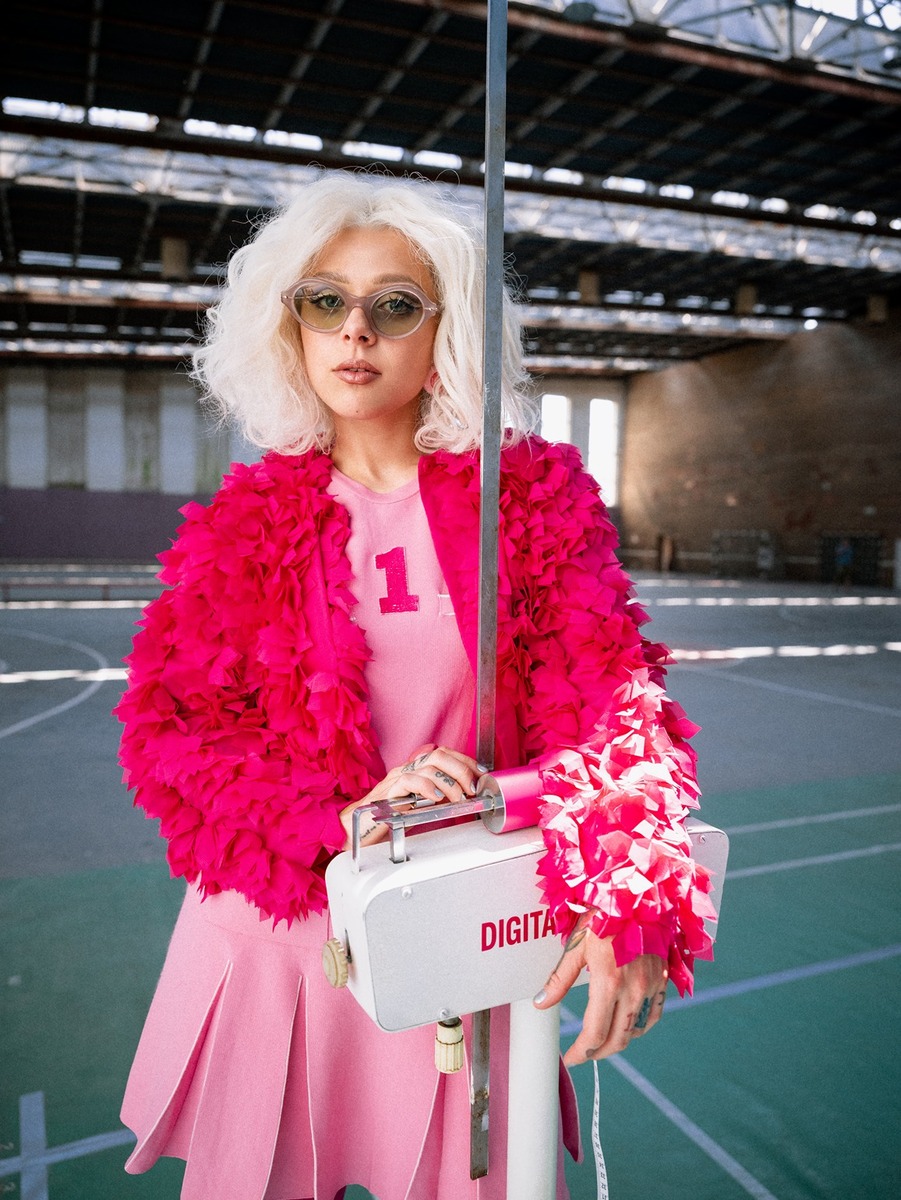
In We Don’t Get Along, there’s a tension between knowing a relationship isn’t right and still staying. What do you think keeps people stuck?
I think people often stay in relationships that aren’t right out of fear — fear of being alone, fear of change, or simply because they feel they don’t have another choice. In today’s world, with social media shaping how we present ourselves, there’s also this pressure to maintain an image of stability or happiness, even when it doesn’t reflect reality. Personally, I find that really challenging. I’m quite introverted, and for me, music is the purest way to share who I am — to pour my feelings out and connect with people on a deeper level. But with social media, there’s this constant demand to be present and visible, and sometimes that makes me feel like I’m missing out on the quieter, more meaningful parts of life.
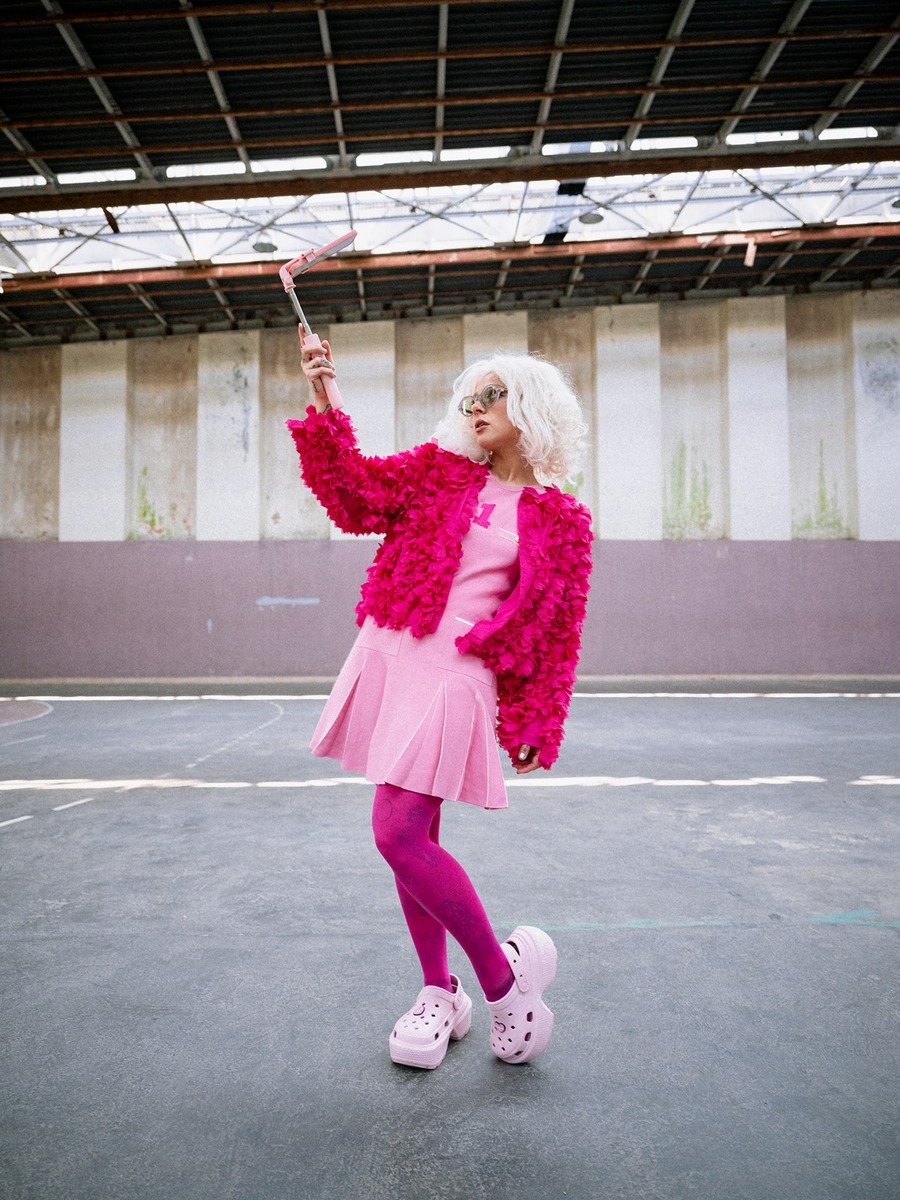
Your work often feels like it’s holding space for difficult emotions. How do you personally process heavy themes without burning out?
The truth is, I often do feel burned out — but I see that as part of the process of becoming a better version of myself. It can be really challenging and at times feel like an endless trial, but the key for me is learning patience — with myself and with the situations around me. I’ve learned not to run from pain anymore, but to go through it, because as cliché as it might sound, feeling pain means you’re alive — just like feeling happiness does. My remedy has always been writing music. It’s the way I release everything I carry inside and transform it into something meaningful.
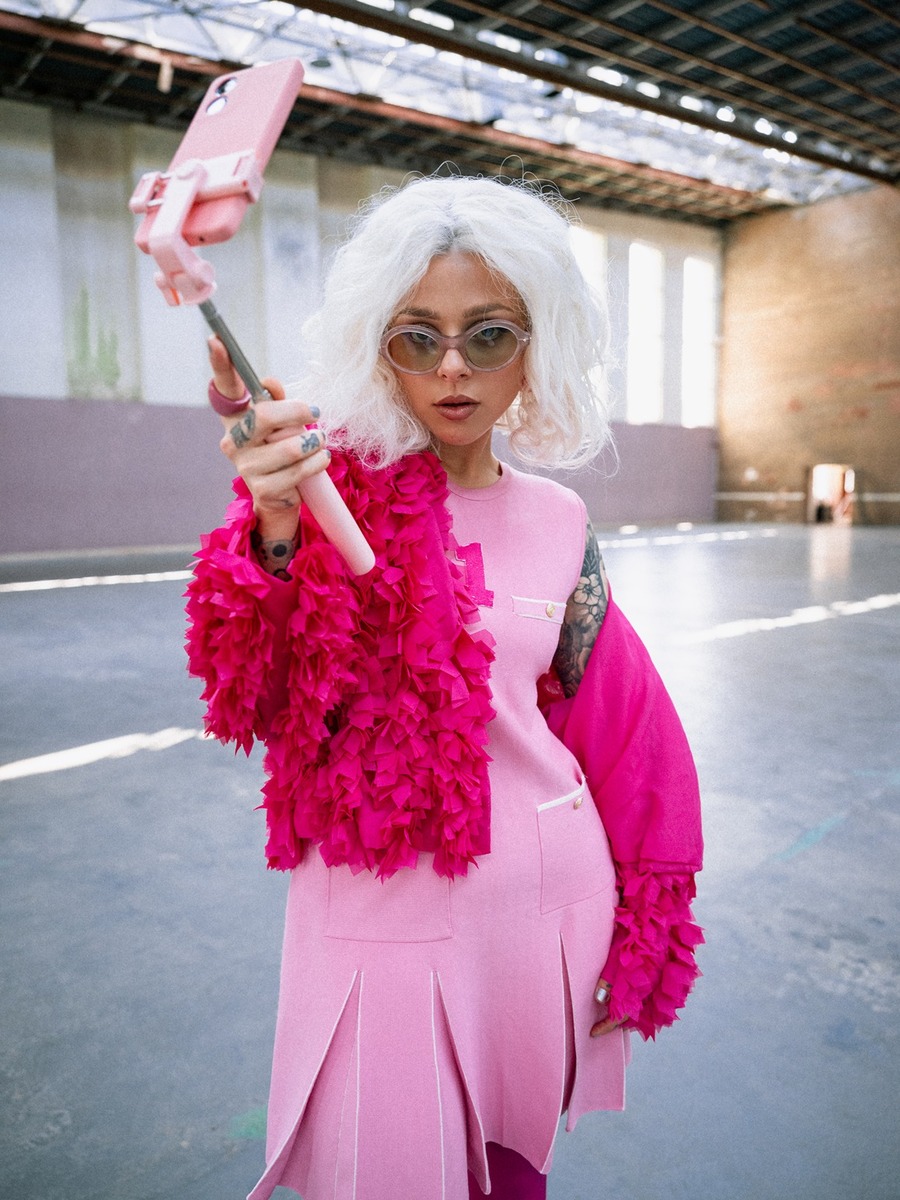
Coming from the high-pressure world of Eurovision to these stripped-back, deeply personal releases — how has your relationship to your artistry changed?
It has changed a lot. Back then, especially during Eurovision, I felt a lot of pressure, not just from the scale of the stage, but also from the expectations of what kind of songs I should be writing or performing. At the time, I honestly believed I’d never write uptempo songs, but now I find myself enjoying that process more and more. I’ve become more confident in my songwriting, more willing to take risks and explore different sounds.
Another big change is the way I write lyrics. Before, I used to lean toward abstraction. I would hide emotions behind metaphors. Now I try to be more specific, more vulnerable, and more honest, because I’ve realized that’s what really creates a connection with people.
And in terms of myself as an artist, I feel I’ve grown a lot — I’ve become more mature, a bit more confident, and much more aware of what I want to say. The stripped-back, personal releases gave me the space to really find my own voice, beyond the pressure of a huge stage like Eurovision. It feels less about proving something and more about expressing who I truly am.
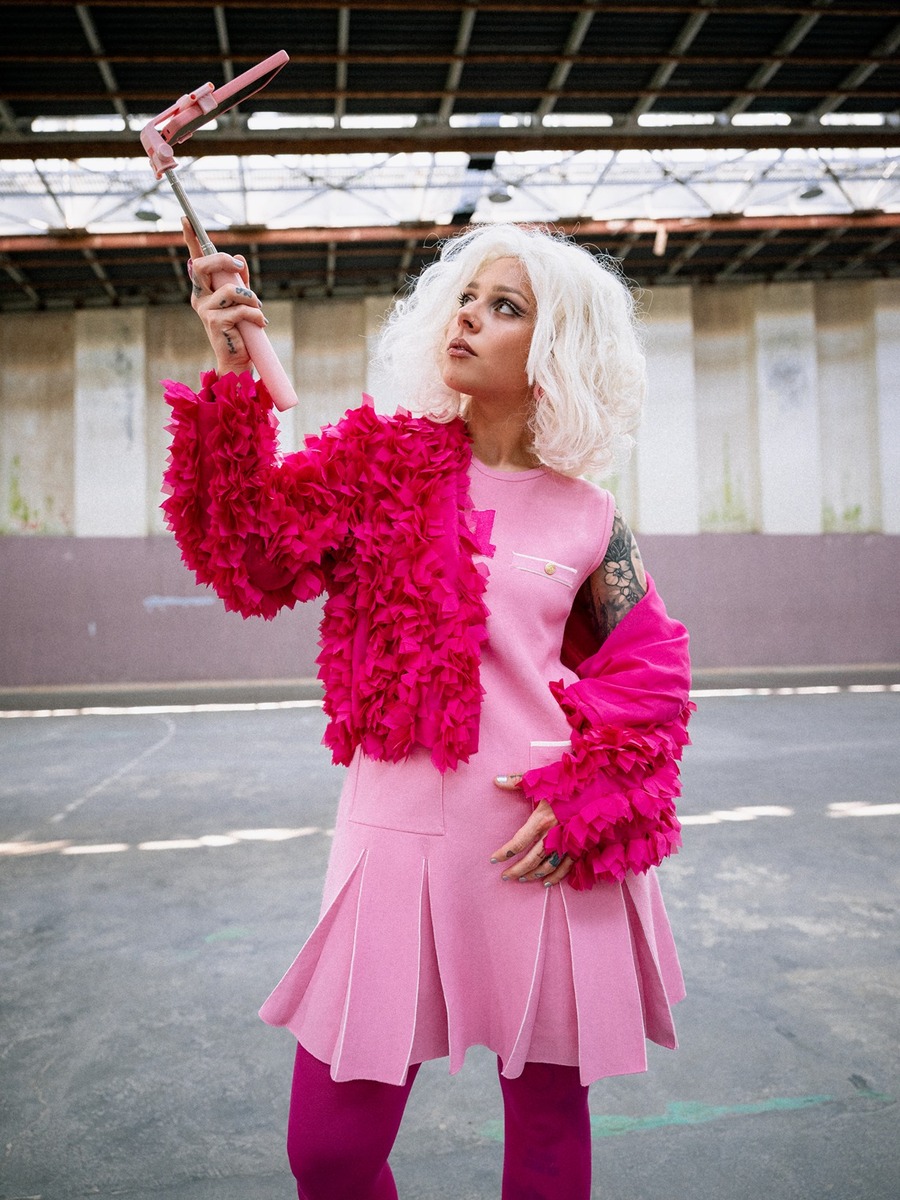
Crumbs of a Modern Tragedy talks about losing yourself in the digital era. Do you think social media has changed how we love and leave?
I think social media has definitely changed the way we love and leave. It distorts our sense of what’s real: how we should look, behave, travel, dress, or even what relationships should look like. There’s this pressure to present perfection, to have the followers, the ideal partner, the perfect lifestyle, and that can be really damaging. I sometimes catch myself scrolling endlessly without realizing it, and afterwards I feel anxious, because I’ve disconnected from the people I actually love, or from real opportunities to meet new ones, simply because it feels easier to hide behind a screen.
I don’t think social media is inherently bad. It can be a beautiful tool, but we have to be more intentional. It matters whether you’re using it to genuinely connect or whether it’s using you, and that awareness makes all the difference.
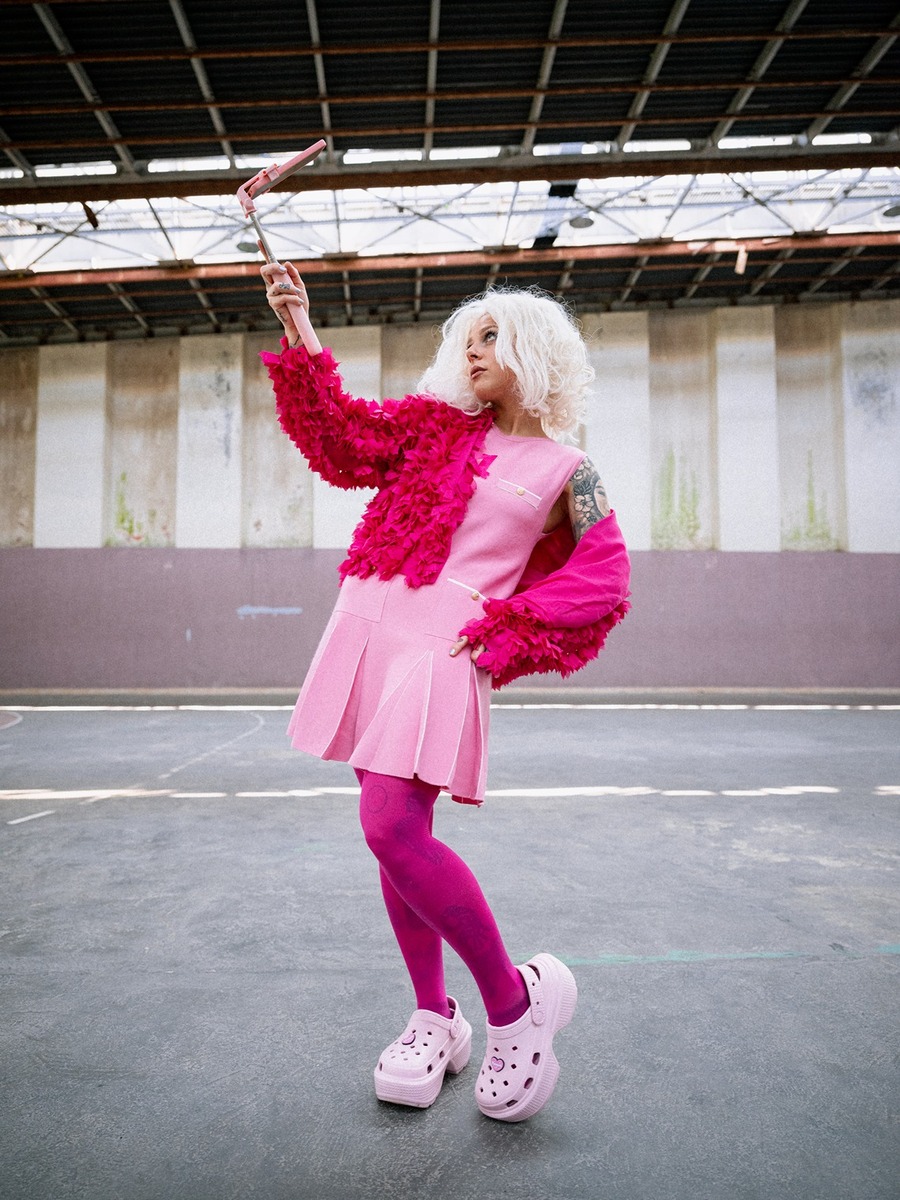
If We Don’t Get Along and Crumbs of a Modern Tragedy are chapter one of a new story, what comes next in the book?
That’s a great question! I’ve been working on a lot of new music that I can’t wait to share. Songs that show different sides of me, both sonically and emotionally. It really feels like the beginning of a bigger journey, and I’m excited for people to discover where it leads.
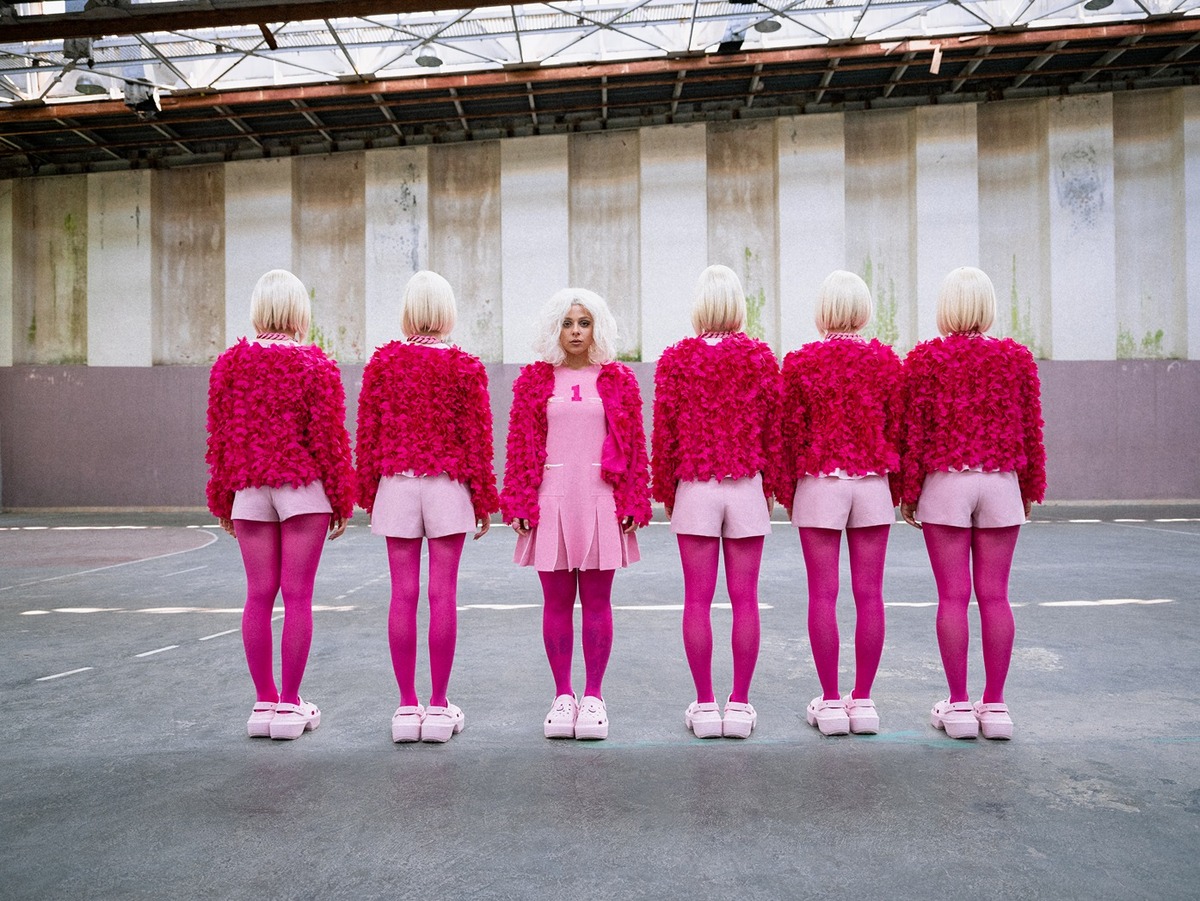
That was Victoria Georgieva, opening up about the inspiration and emotional depth behind her new single ‘We Don’t Get Along’ and spoken word piece ‘Crumbs of a Modern Tragedy’. Through raw storytelling and stripped-back production, she’s offering a mirror to the modern emotional experience — where connection can feel just out of reach, and selfhood is often buried beneath digital noise.
If you haven’t already, go listen to ‘We Don’t Get Along’ and ‘Crumbs of a Modern Tragedy’ — available now on all streaming platforms.



